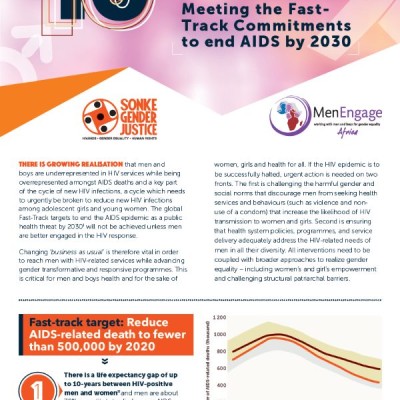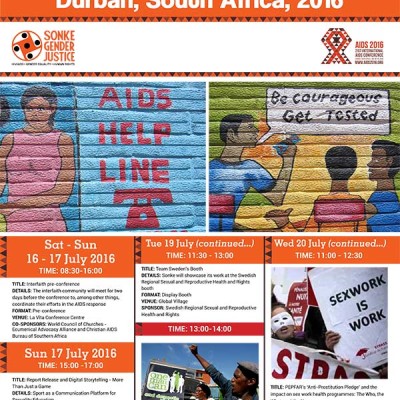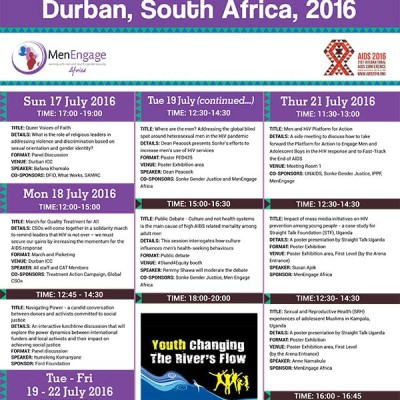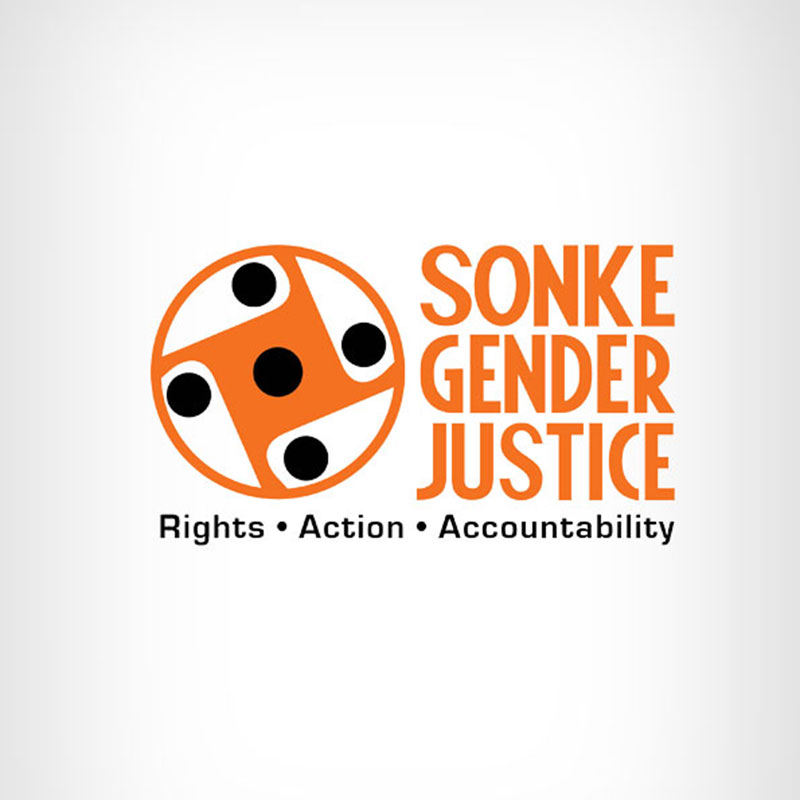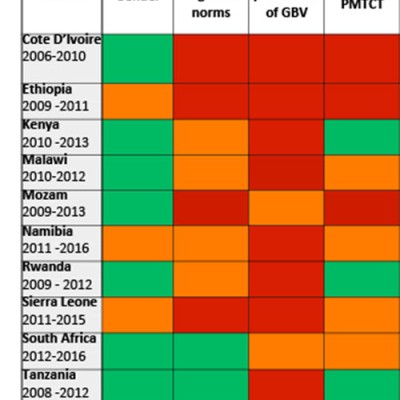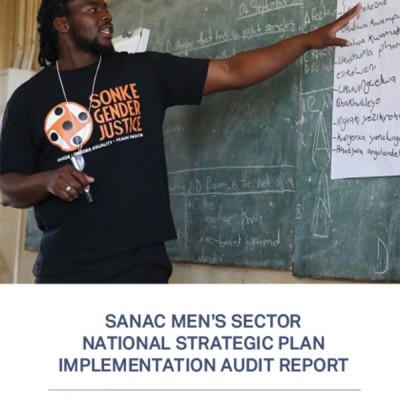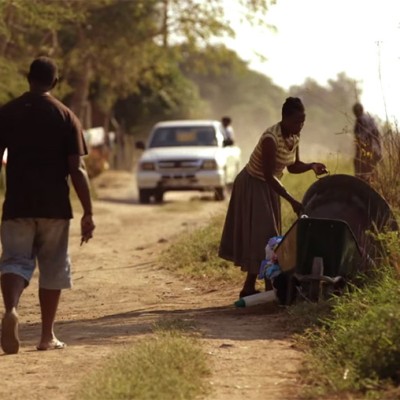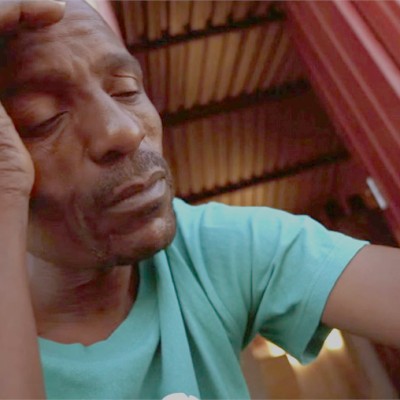Sonke’s Policy, Advocacy and Research (PAR) Unit has made several important submissions on law reform and policies in South Africa. One of the most important is the National Strategic Plan on HIV and AIDS 2012-2016, an ambitious strategy for managing AIDS in South Africa and reducing its damage to society. The NSP aims to reduce new HIV infections by 50% and get at least 80% of eligible patients on anti-retroviral treatment.
Research has revealed that men are chronically under-represented in HIV services (as they are in health services more generally). Of the 13 million people who were tested in South Africa’s 2011 HIV testing campaign, fewer than 1 in every 3 people were men. Men access HIV treatment later than women – often when their immune systems are already severely compromised – and are more likely to interrupt their own anti-retroviral treatment. Men’s failure to access health services is bad for them, for women, and for society in general, generating a heavy burden on health systems and on families and carers. Despite these facts from research, most national HIV-related policies still did not recognise men’s low use of health-care systems and strategise on this significant problem.
As the convenor of the South African National AIDS Council’s (SANAC) Men’s Sector, in September 2011 Sonke hosted a summit to prepare the Men’s Sector’s submission for the development of the NSP 2012-2016. The submission called for including Medical Male Circumcision as part of men’s health care, the development of psycho-social support programmes to target boys after circumcision and for scaling up the implementation of the Traditional Male Circumcision Act in all provinces. All the points reflected especially the inclusion of the boy child throughout the NSP 2012-2016.
As a result, the final NSP 2012-2016 document names the problem of men’s involvement in HIV and AIDS treatment. It explicitly recognises the fact that men do not use health services enough and it encourages actively seeking testing to discover one’s HIV status. It calls people to challenge the gender norms and inequalities that harm both men’s and women’s health.
For the PAR unit, the new NSP represents a breakthrough: it recognises that greater efforts need to be made to engage men in HIV services and it makes clear that doing so is in the interests of women, men and the public health system.

